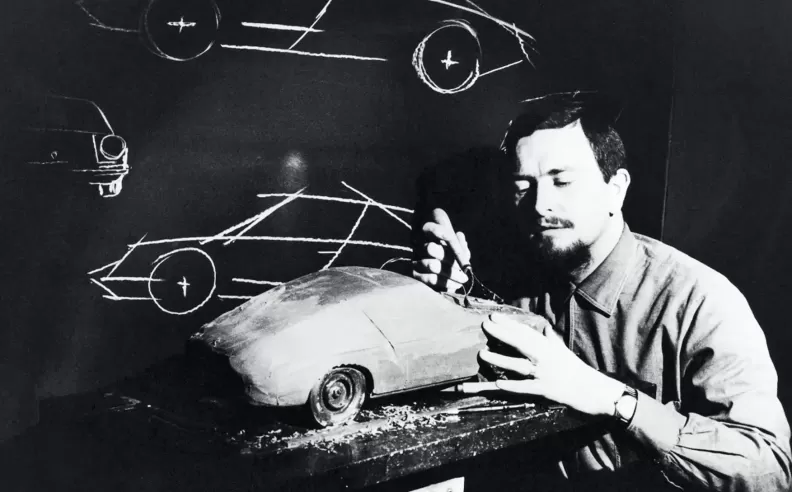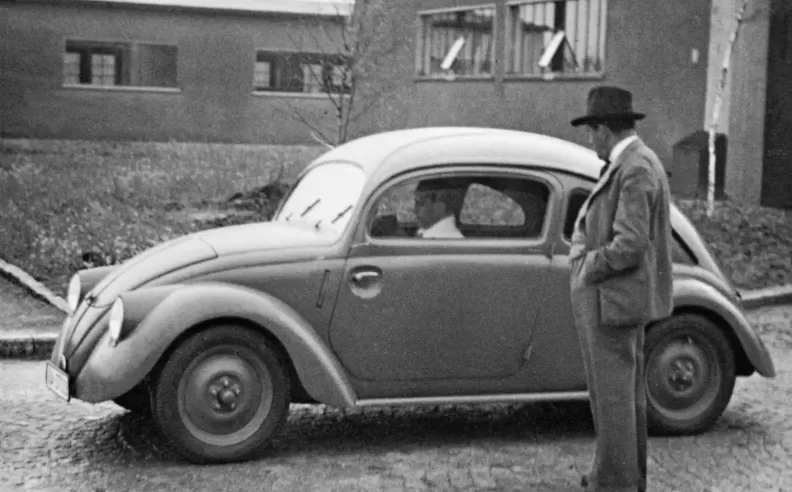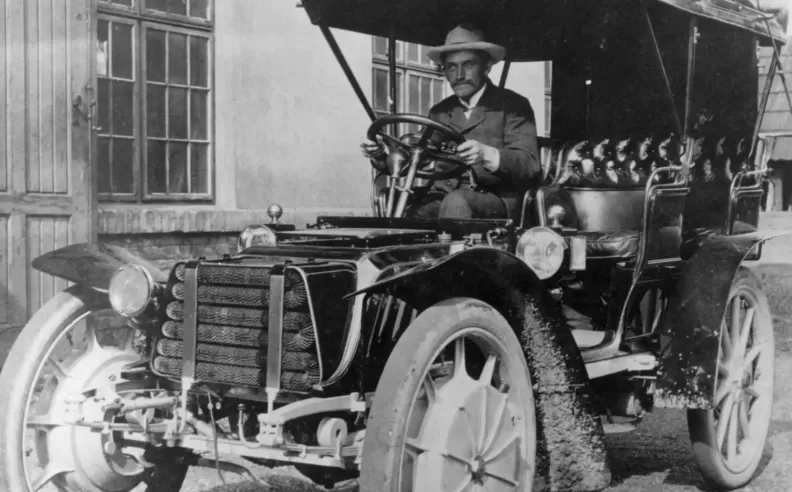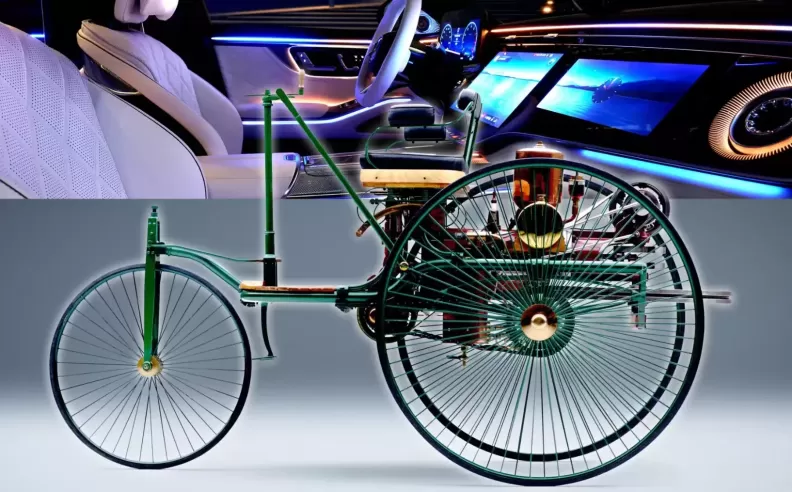In part two of the explosive story of Ferdinand Porsche, we go beyond engineering and into one of the most bitter rivalries in automotive history. After World War II, Porsche became a target of national resentment in France, facing accusations of war crimes, theft, and exploitation. But was he guilty, or was this a long-standing political and industrial feud with deep roots in European history?

Just months after the end of World War II, the French government accused Ferdinand Porsche of war crimes and arrested him along with his son Ferry and son-in-law Anton Piëch. But the charges, officially tied to the mistreatment of workers at the Peugeot factory and theft of equipment, raised eyebrows.
The backstory dates to 1940, when Nazi Germany took over France and its key industries. Peugeot’s factory came under German control, and Volkswagen, led by Porsche, was assigned to oversee it. After years of forced production for the German war machine, Peugeot’s facilities were stripped during the German withdrawal. Equipment, tools, and documents ended up back in Germany.
Following liberation, the French sought justice. But critics argue it turned into revenge. Porsche was seventy years old when sentenced to twenty months in prison, though he was later released under mysterious circumstances. Many believe the real motive was political, fueled by a rivalry with Peugeot that began long before the war and lingered long after.

Ferdinand Porsche died in 1951, but the animosity did not die with him. When his grandson launched the iconic Porsche 901 in the 1960s, Peugeot sued over the name, claiming exclusive rights to three-digit car names with a zero in the middle. Porsche was forced to rename it to 911.
Why the insistence? BMW had models like the 507, and Ferrari had the 206, but only Porsche was challenged. This led many to believe that Peugeot’s lawsuit was driven more by old grudges than legal rights.
Despite the obstacles, Ferry Porsche revived the family legacy, even using funds from a royalty deal with Volkswagen to bail out his father from prison. Porsche grew stronger, launching the legendary 356 and becoming a powerhouse in sports car history. Meanwhile, Peugeot never released a model called 901, but the 911 went on to become one of the most successful performance cars in the world.

From war-torn Europe to courtrooms and secret deals, the story of Ferdinand Porsche’s post-war battle is one of politics, power, and persistence. Was he a criminal or a scapegoat?
Find out in full detail by watching part two of this investigative series on Mysteries and Secrets of the Auto World from Motor283. Click the link and discover the truth behind Porsche, Peugeot, and the feud that shaped sports car history.

Started my career in Automotive Journalism in 2015. Even though I'm a pharmacist, hanging around cars all the time has created a passion for the automotive industry since day 1.

